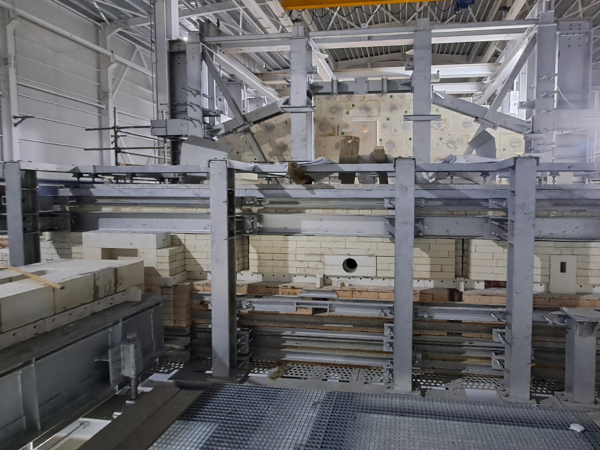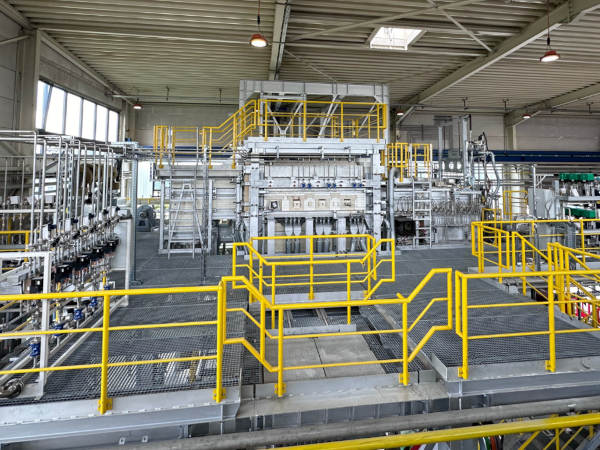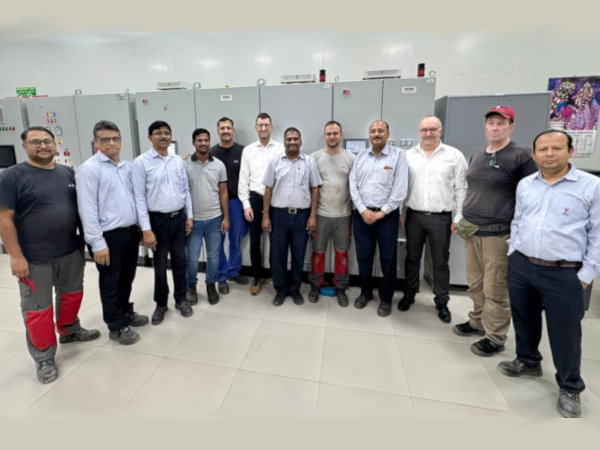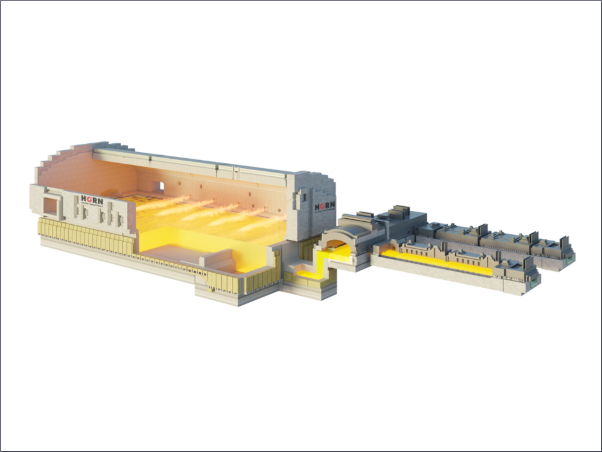Date: 14 January 2003
Our 60%-owned joint venture China plant - Sichuan Malaya Glass Co Ltd will begin commercial operations in the second half of March. We believe it is the biggest plant in terms of production capacity as well as the most modern in the Sichuan province with an annual production output of 80,000 tonnes or 600,000 bottles per day, he said, adding that US$28mil alone was spent on production equipment imported from Sweden and Germany.Within the next three years, Sim intends to increase the division's reach further into the Sichuan province as well as other parts of China.
There are many opportunities in China and our direction is pointed towards growing big there. Besides producing liquor bottles, we plan to venture into manufacturing glass packaging for the soft drinks, wine and food industry (sauce bottles) there, he said, adding that the company had been approached by some Chinese companies for more joint ventures.
In October 2002, F&N Glass Division had also acquired the entire glass manufacturing operation of Chinese company, Sichuan Tuopai Holdings Co for RM9.9mil as part of its expansion plan.
The operations have an annual production capacity of 50,000 tonnes.
Sichuan Tuopai Holdings had also signed an agreement guaranteeing to buy 75% of the plant's production in the first year.
After the one-year agreement, Sim intends to develop their own market and not put all eggs into one basket.
The new China plant together with the additional production facilities will boost the glass division's total output from the present 210,000 tonnes to 340,000 tonnes per annum.
Besides its China joint venture plant, F&N Glass Division consists of two wholly-owned subsidiaries, Malaya Glass Products Sdn Bhd with manufacturing operations in Johor and Kuala Lumpur Manufacturing Co Sdn Bhd in Petaling Jaya - acquired by Malaya Glass in May 2000.
The glass division also has another 70%-owned joint venture plant, Malaya-Vietnam Glass Ltd in Ho Chi Minh city, Vietnam. The plant started operations in March 1995 and has a production output of 50,000 tonnes per year.
We currently have a 90% share in the glass packaging industry in Malaysia while the plant in Vietnam has a domestic market share of 50%, he said in an interview with Starbiz.
About 35% of the glass division's production is exported to Hong Kong, Philippines, Papua New Guinea and Australia.
Sim said glass packaging products for exports are produced mainly by Malaya Glass and the joint venture plant in Vietnam.
He said the division is in the process of converting the Vietnam plant into its export centre as production costs are lower there.
Our main concentration would still be on the domestic market which is very stable as packaging is always a necessity compared with the export business which is extremely competitive and not so lucrative. Everyone wants to buy cheap and there are always countries who could sell cheaper than us, he said.
According to Sim, the outlook for the glass industry is still very bright. He said the glass packaging industry was growing by 3% - 5% yearly.
However, Sim believes the domestic glass packaging market in Malaysia and Vietnam is already stagnant as well as saturated: Malaysia because the division already has a lion's share of the market and Vietnam because most companies use re-usable bottles which cost lower than glass bottles.
In order to grow bigger, we need to venture overseas, set up our glass works and find new domestic markets there, he said.
He is especially excited about the China market as the population is huge and there is the expectation of more multinational companies moving their plants to China.
The potential there is huge, he quipped.
On the impact of the Asean free trade area (Afta), Sim feels it would be more of a good thing than bad as it would enhance prospects for its plants within Asean to import from its sister companies especially when there is insufficient production.
Afta would also make us more cost effective and competitive as the market would be open to many competitors, he added.
With this, Sim also intends to go regional and is looking at setting up more glass packaging plants in the Asean region.
It is a step by step process. We expect the demand especially in developing countries to expand and grow, he said, adding that the division intends to take advantage of this.
Sim said the glass packaging business is very much a capital intensive business as each glass plant requires an upgrade every 7-10 years and build completely new furnaces.
Last year, the division invested RM10.8mil to install new machinery at its plant Kuala Lumpur Glass.
All our plants are automated except the recently purchased Tuopai production facility, Sim said, adding that there are plans to automate it in a year or two.
However, Sim still believes that automation is not all that is required.
People are the main assets of the company and the key success factor is in training and developing our assets, he said.
Sim is optimistic that the division's financial performance would be better this year with the commencement of its China plant.
We expect the China plant to be profitable by our financial year ending Sept 30, 2003, he said, adding that currently Malaya Glass contributes 40% to the division's profit while Kuala Lumpur Glass and the Vietnam plant contributes 30% each.
The glass division contributes about 24.4% to the pre-tax profit of F&N group as a whole.
F&N Glass Division manufactures various types of bottles in three different colours - flint white, amber and green. Its main customers are Nestle Foods, Guinness Anchor Bhd, Carlsberg Malaysia, Smithkline Beecham and Yeo Hiap Seng.
Being a socially responsible organisation, F&N Glass Division is an advocate of recycling.
It is embarking on a glass recycling programme to mark the F&N group's 120th anniversary this year.
We want to help preserve the natural resources of the country and be more responsible for the environment, he said.









Add new comment